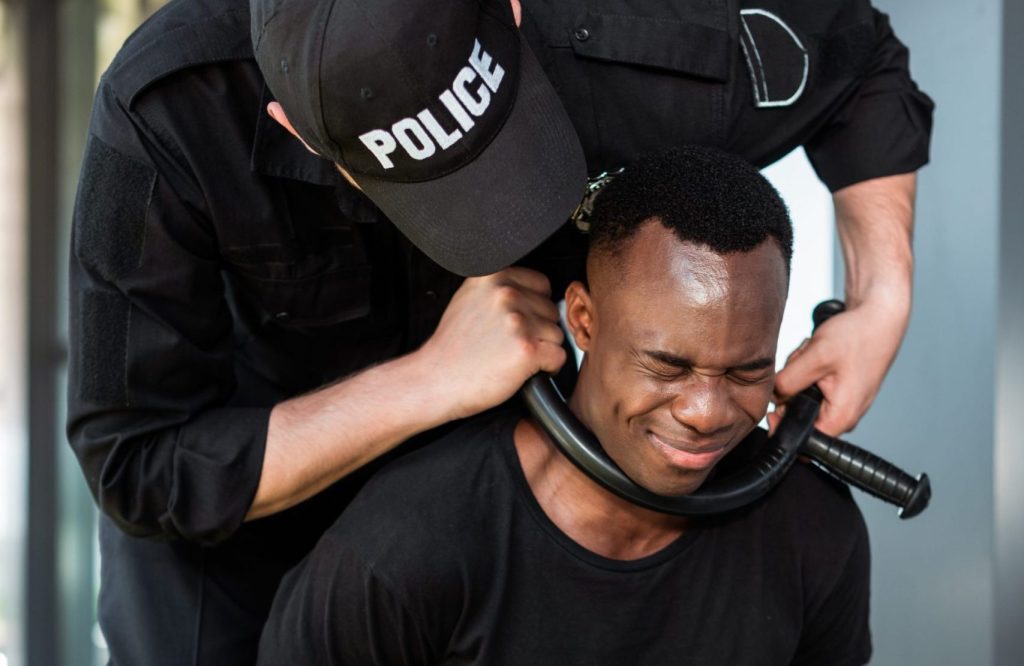A DUI or driving under the influence of alcohol or other drugs is a crime which is perpetuated by a person who drives a motor-driven vehicle after ingesting alcohol or drugs. This may impair the driver from driving safely and can lead to other serious accidents.
DUI Checkpoints
The blood alcohol content, or BAC, is the measurement used to determine how much concentration of alcohol you have in your blood. In Florida, when the level of intoxication of a driver reaches the breath alcohol level of 0.08, they are considered impaired to drive a vehicle. If convicted for the first time, drivers will be fined from $500-$2,000. They will also have to serve a mandatory 50 hours of community service while their imprisonment rests on the hands of the court.
DUI Checkpoints are necessary to lessen the probability of road accidents. The National Highway Traffic Safety Administration attests that in a year, $37 billion dollars are incurred by alcohol-caused road accidents. Although DUI checkpoints certainly help lessen road accidents, you as a driver must know your rights and protect yourself in cases of improper checkpoint inspections.
What are DUI Checkpoints?
DUI checkpoints, also known as sobriety checkpoints, are legal in Florida and are not considered to be a violation of the 4th amendment. However, DUI checkpoints should be conducted in the least intrusive manner and in a way that does not violate the right of the person.
A DUI checkpoint is manned by police officers and is random and impermanent in nature. Police officers briefly stop and detain a driver that they deem to be suspicious. They will then inspect the driver’s vehicle for open alcoholic containers or beverages and other drug paraphernalia and look for signs of impairment.
Some signs of impairment may include:
- Slurred speech
- Noticeable odor of alcohol
- Open containers of alcohol in the vehicle
- Failure to respond to questions, or slow response to questions
- Poor motor skills
- Bloodshot eyes
- Erratic behavior
- Failing the field sobriety test
- Failing the breathalyzer test
Know Your Rights Regarding DUI Checkpoints
- Remember, a police officer must have probable cause before they make an arrest.
- Probable cause can be established through the Standardized Field Sobriety Test and how the suspected driver performs on it.
- The tests and inspection performed must be standard for all drivers.
- There should be ample warning signs on the road for drivers who are approaching a DUI checkpoint.
- The presence of DUI checkpoints must be announced ahead of time through radio, television, or newspaper announcements.
- Although you must stop at DUI checkpoints and give your identification, you can refuse to answer any other questions.
- DUI inspection conducted by police officers on DUI checkpoints must be properly documented.
- A DUI is a serious traffic offense and it will be visible on your record for 75 years. That is why you need to know your rights and assert them when you feel that your rights were violated.
If you want to know more about your rights regarding DUI checkpoints and DUI laws in Florida, or if you feel that you were wrongfully charged, contact Piotrowski Law right away at (305) 204-5000. Let a professional criminal defense lawyer handle your case so you can protect your rights under the law.


